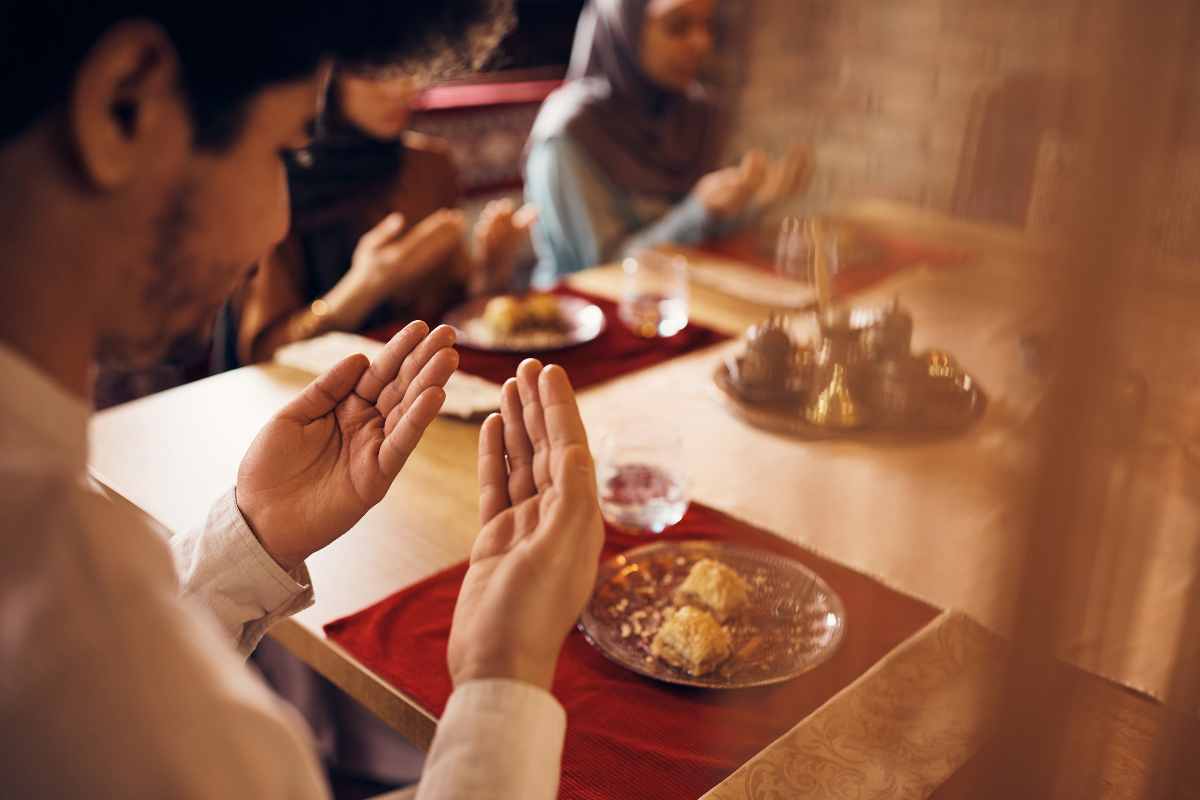Ramadan 2024 is approaching. This year marks a unique commemoration of the Holy Month as it coincides with the winter season for the first time in many years. The exact start of Ramadan varies yearly, depending on the moon’s sighting. Here’s a guide to when relevant celebrations will fall this year.
What is Ramadan?
Ramadan is the ninth month of the Islamic lunar calendar. Also known as the Holy Month, it’s a period of profound spiritual significance for the Islamic community, which, according to the latest figures, comprises over 2 billion followers.
During around 30 days, Muslims fast (also known as sawm) from dawn until dusk. Suhoor is the pre-dawn meal consumed before the fast begins. Meanwhile, Iftar is the evening meal to break the fast. These meals are times for family gatherings and communal prayers, reinforcing the communal spirit of Ramadan.
This deed is one of the five pillars of Islam. Fasting entails abstaining from food, drink and other physical needs during daylight hours as a means of purifying the soul and practicing self-discipline.
Another important component of Ramadan celebrations is Zakat, or charitable giving. Regardless of faith, participation in charitable activities and donations is encouraged.
Ramadan calendar 2024
As stated, there’s no definite annual date for Ramadan. Islamic scholars confirm the sighting of the new crescent moon to begin the Holy Month. Based on projections, here is when Ramadan and related holidays will take place:
- Start of Ramadan: March 11 (Monday)
- End of Ramadan and Eid al Fitr: April 10 (Wednesday)
- Eid al Adha: June 16 (Sunday)
Eid al-Fitr marks the conclusion of Ramadan and is known as “the festival of breaking the fast.” This celebration begins with the sighting of the new moon, similar to the commencement of Ramadan. Over two months following Eid al Fitr, Muslims observe Eid al Adha, which means “festival of the sacrifice.”
Read: Economy Middle East Guide: UAE public holidays in 2024
Basic Ramadan etiquette
Even non-Muslims can participate in Ramadan commemorations. At the very least, they can also observe basic etiquette as a sign of respect to the Islamic community. Here are some tips.
- Dress modestly. You must dress appropriately, especially in public places like workplaces and malls, ensuring you cover your knees and shoulders.
- Consume meals discreetly. If you’re not fasting during Ramadan, the best you can do is to avoid eating, drinking or smoking in public.
- Be mindful of Muslim colleagues. In the office, you must be considerate of fasting colleagues, considering that their energy levels are substantially affected.
- Avoid playing loud music. You must also refrain from playing loud music in public. At the same time, you must restrain any overly festive behavior. During the Holy Month, entertainment venues often adjust their programming to be more subdued.
- Do charitable works. As mentioned, charitable giving is a huge part of Ramadan. Such activities, regardless of faith, signify respecting the essential Muslim holiday.
Frequently asked questions
What is Ramadan?
Ramadan is the ninth month in the Islamic lunar calendar, where Muslims fast from dawn to dusk, focusing on spiritual reflection and discipline.
How is the start of Ramadan determined?
The start of Ramadan is determined by the sighting of the new moon, based on the lunar calendar.
When is Ramadan 2024?
While there is no official announcement, scholars anticipate it to fall on Monday, March 11.
Are there exemptions from fasting?
Exemptions from fasting during Ramadan include young children, older people, pregnant women and those with health issues.
Can non-Muslims participate in Ramadan activities?
Non-Muslims can participate in Ramadan by respecting fasting practices and engaging in charitable activities.
Final thoughts
Ramadan 2024 is one of the most important holidays in the Islamic community. For observers, it’s a chance to reflect, foster spiritual growth and give back through charitable endeavors. Meanwhile, for non-observers, it’s an opportune time to learn about — and show respect for — Islamic traditions. Ultimately, it’s an avenue where everyone can experience community harmony.
For miscellaneous stories, click here.





